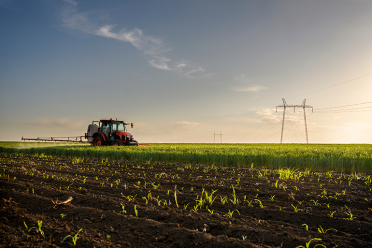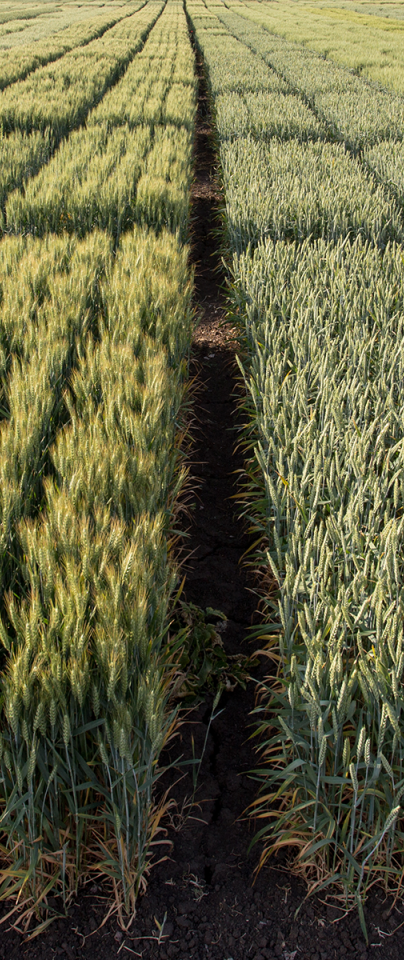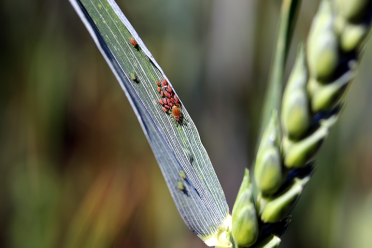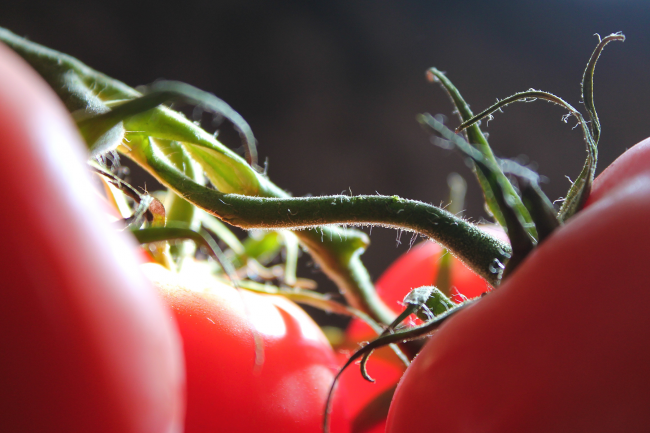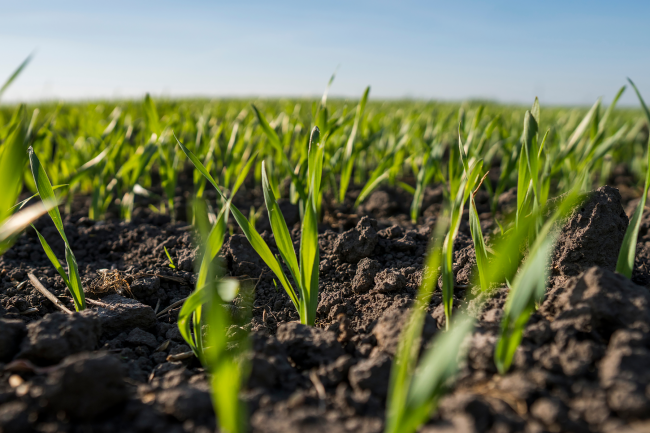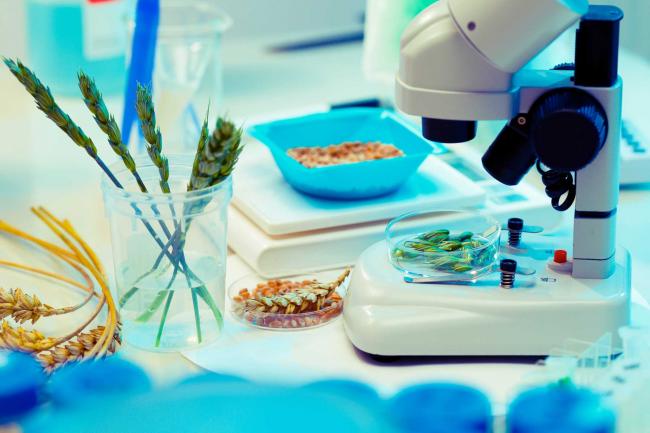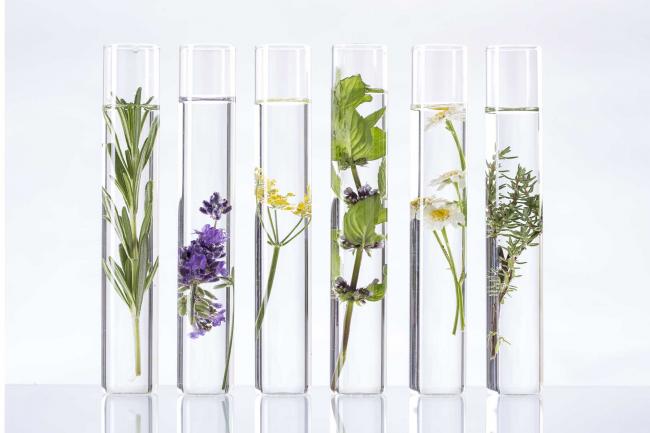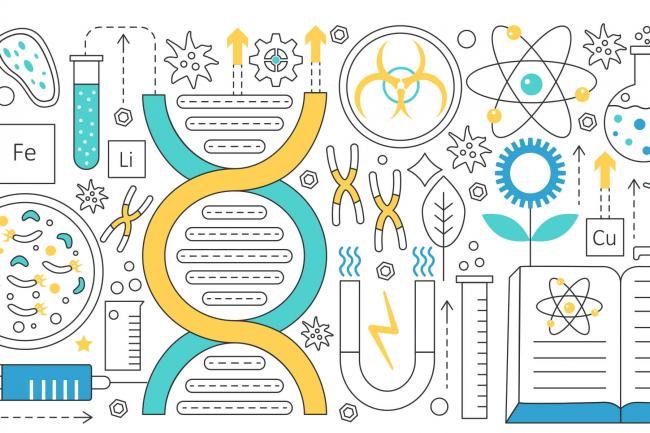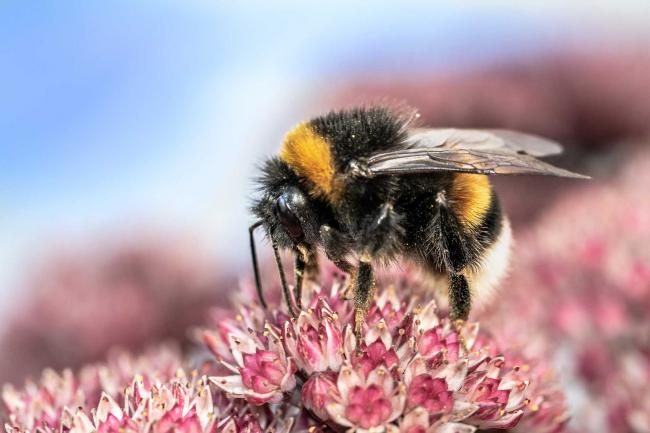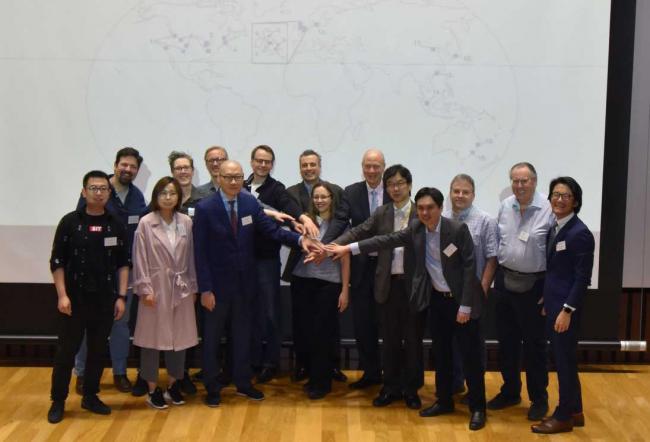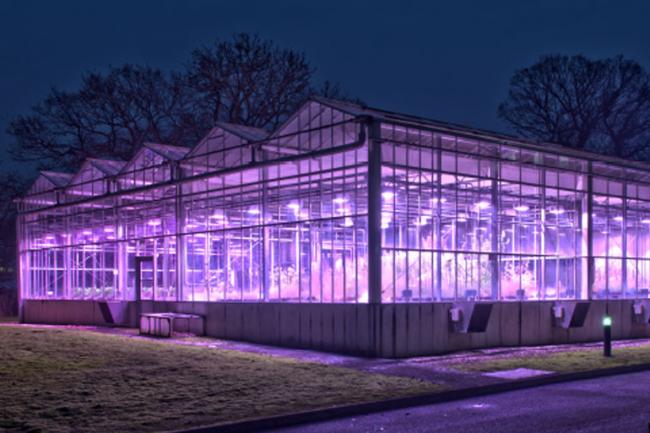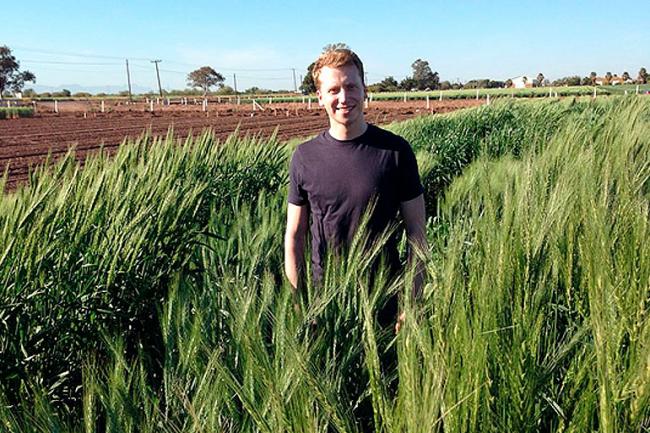The goal of crop improvement is to introduce beneficial traits. For example, we might want to combine resistance to emerging diseases, increased nutritional value and other consumer and agricultural traits into plants with a high-yielding genetic background.
Some of this can be done by traditional breeding. However, as this often makes large-scale genetic changes and sometimes introduces undesirable genes that reduce yield. Breeding can therefore be a very slow and expensive process.
In the mid 20th Century, humans began using X-rays and chemicals to induce mutations, and then went on to screen these mutant populations for individual plants with useful traits. This process has brought thousands of new varieties to market. However, each new variety also requires years of development because, alongside the beneficial mutation, there will be hundreds of unwanted mutations.
In the 1980s, scientists developed technologies to bring in the specific gene or genes of interest without making additional unwanted changes. This became known as genetic modification (GM). GM crops are now grown on 185 million hectares of land, by 18 million farmers worldwide, and they have had many benefits.
For example, pest-resistant crops have reduced the number of applications of chemical pesticides, helping to protect the biodiversity of the wider ecosystem. In countries where weeding may previously have been done by hand, herbicide-tolerant crops have made significant improvements to farmers’ income and security.
Genome editing technologies allow us to make just a few changes to the existing DNA at very specific sequences. Foreign DNA does not need to be inserted and the end product may be indistinguishable from one made using older, unregulated technologies like chemical mutagenesis.
It enables us to very rapidly transfer knowledge about gene function, gained from decades of plant science, into useful products for agriculture


